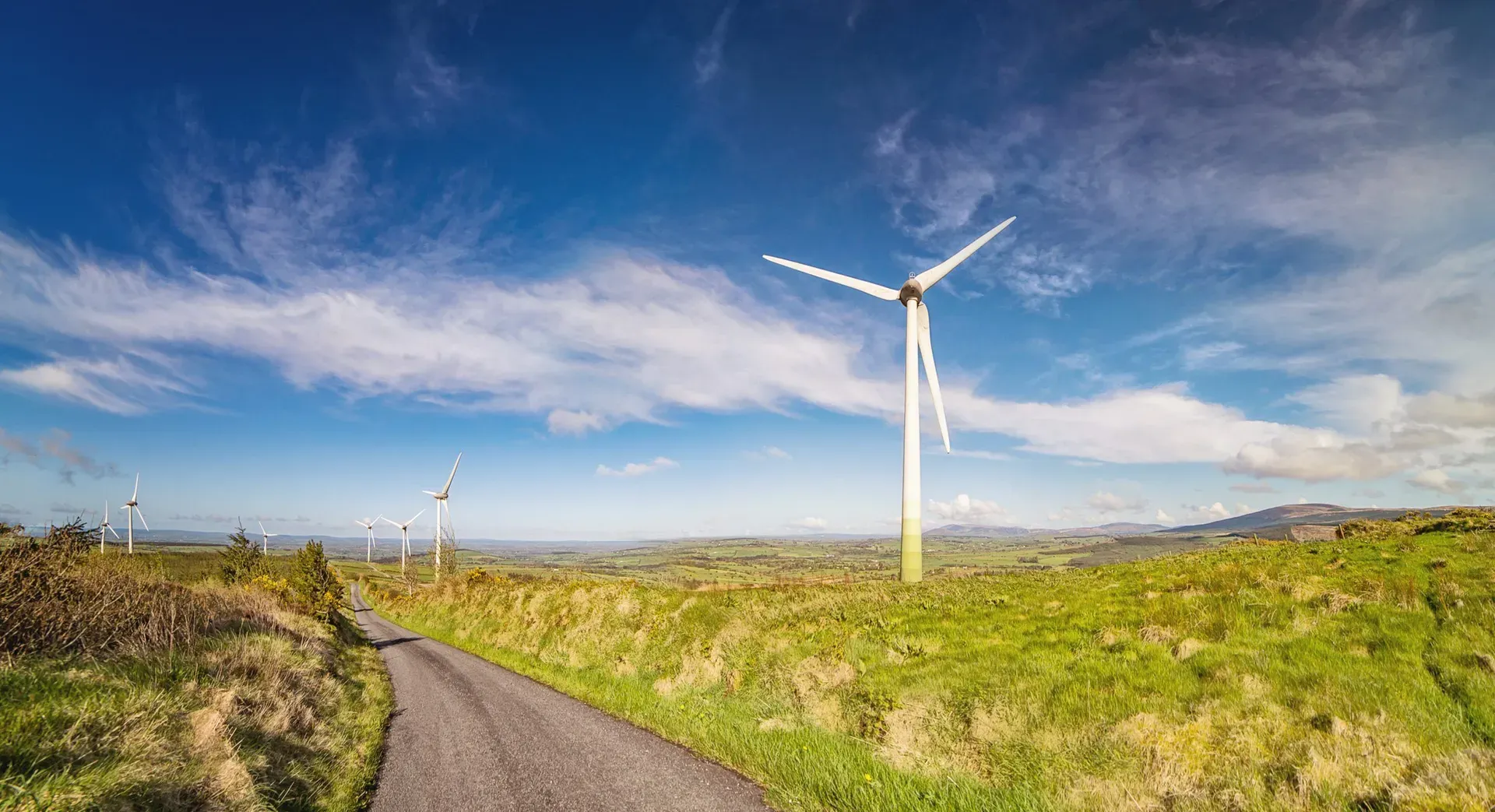Last year, we partnered together with Wind Energy Ireland (WEI) to produce a report titled Improving Revenue Certainty and Risk Allocation for New Renewable Generators”, which explored potential auction policy changes for the RESS auction that would help de-risk renewable investment for developers and generators. At the heart of this analysis was our RESS model which also forms the basis of our Route to RESS service. This tool played a pivotal role in identifying auction policy changes to de-risk investments for RESS 3 auction participants.
One of the primary goals of our analysis was to enhance revenue certainty for renewable generators. Using our RESS model, we examined the current Irish energy market landscape (including policies and auction design) as well as international case studies where we explored contract lengths, inflation, curtailment and energy balancing, constraints, transmission use of system charges (TUoS), and transmission loss adjustment factors (TLAF) and their impact on the weighted average cost of capital (WACC) for projects.
Our findings revealed that longer contract lengths and indexation translated to lower WACC, instilling greater confidence in investors and thus the potential for lower bid prices. This crucial insight laid the foundation for our recommendation to include indexation within the auction. In line with our suggestions, this has now been realised in the RESS 3 Terms and Conditions.
Effective risk allocation and market adaptability are the cornerstones of a thriving renewable energy sector. Our RESS model, with its ability to simulate and analyze various risk-sharing mechanisms, played an indispensable role in helping to identify the policy changes needed to mitigate risks for new market entrants.
Our report advocated for clear compensation conditions, ensuring generators would not be penalized for their availability. The government heeded this advice and introduced the ‘Unrealised Available Energy Compensation’ (UAEC) feature in RESS 3. Now, project developers and generators can navigate uncertainty with a little more confidence as they are compensated at the strike price for available energy not converted to generation, regardless of curtailment or oversupply scenarios.
Using this RESS model, our Route to RESS service provides businesses with invaluable insights assisting them to make more informed decisions optimizing their participation in the RESS 3 auction. Our experts leverage the RESS model’s outputs to tailor a comprehensive solution that aligns precisely with the unique needs of each project and developer.
Harnessing the intelligence of the RESS model, businesses gain a competitive edge, ensuring their investments are strategically aligned with the evolving policy framework and market mechanisms of the Irish energy market.
If you are interested in finding out more about our services, please get in touch with Andrew Enzor at a.enzor@cornwall-insight.com









